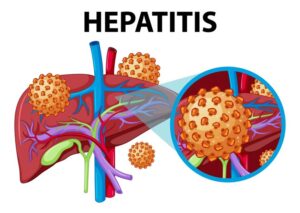Liver disease encompasses a range of conditions that affect the liver's structure and function, potentially leading to serious health complications. The liver plays a crucial role in filtering toxins from the blood, producing bile to aid in digestion, and metabolizing nutrients. Liver diseases can be caused by various factors, including viral infections, excessive alcohol consumption, autoimmune disorders, genetic abnormalities, and metabolic disorders.






If you suspect you may have a liver disorder or experience symptoms related to liver disease, it’s crucial to seek medical attention promptly. Here are some specialists you may consider,


MBBS, MS, MCH(Surgical Gastro), PDF (Liver Transplant & HPB Surgery), FACS, FICRS
Senior Consultant




WhatsApp us